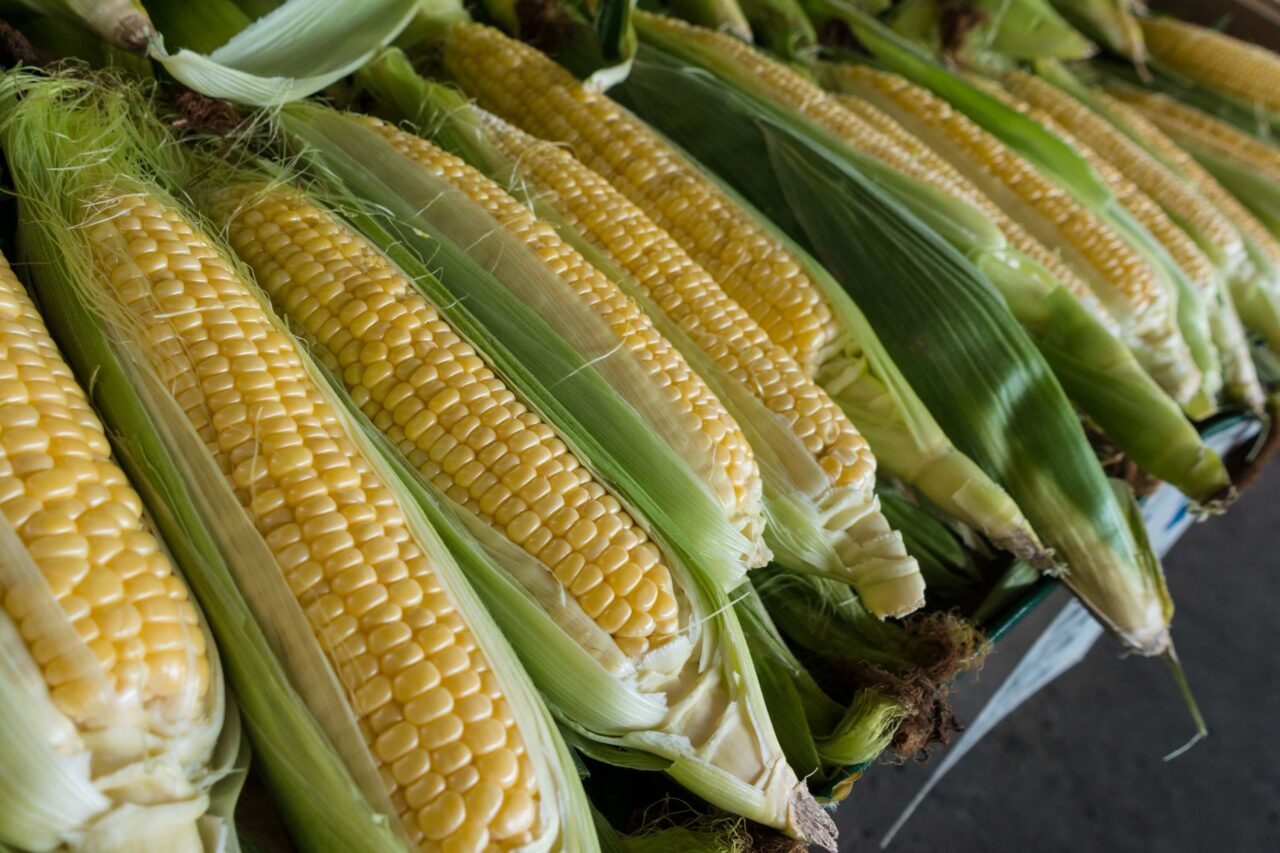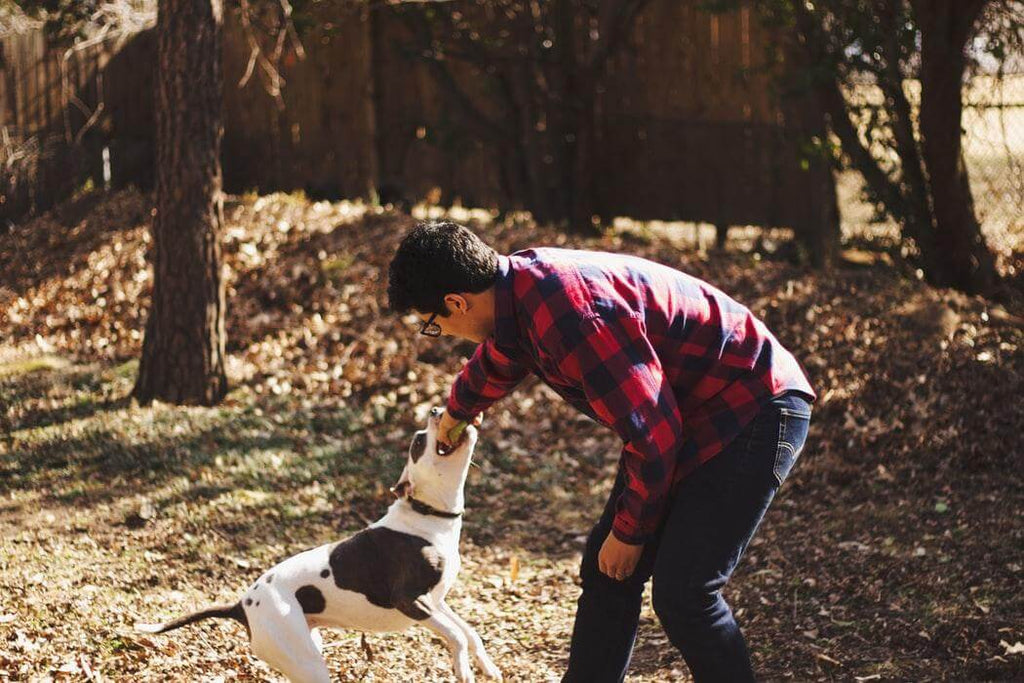
Can Dogs Eat Corn? Is It Good For Dogs?
Yes, dogs can eat corn as long as it is served in a safe manner and only served in moderation.
You might gain an interest in feeding your dog corn after seeing it as an ingredient in many dog foods. While corn isn't toxic to dogs, you still need to exercise caution when feeding dogs corn.
Dog food companies formulate their recipes to be easy for dogs to digest, which can entail various mechanical and culinary processes. While corn is not toxic to dogs, it can be harmful in some cases. For instance, a small number of dogs are actually allergic to corn, but a veterinarian can help you identify a corn allergy in your dog.
Corn is also often considered a 'filler' ingredient in dog food, but it's generally fine.

Can Dogs Eat Corn On the Cob?
No, dogs should not eat corn on the cob. Above all else, there is one truly important thing to remember about choosing to feed your dog corn or not. Under no circumstances should you ever toss your dog a corn cob. They're likely to bite off a chunk of cob, which is a serious choking hazard for dogs.
Even if your dog doesn't choke, cob is quite hard to digest. Even a small piece of cob can cause severe gastrointestinal discomfort, while a larger chunk may cause blockage altogether. In short, make sure that you never give your dog corn on the cob.
While a corn cob is tough and might seem suitable for a dog to gnaw on, it's not tough enough. If you leave a dog alone with a corn cob for any length of time, they'll make short work of it. If your dog ingests a piece of corn cob, watch out for symptoms such as diarrhea, lethargy, and unusual behavior.
Can Dogs Eat Corn Kernels
Yes, dogs can eat corn kernels if they are served in a dog safe manner. Corn on the cob is a no-go, but corn kernels can be perfectly good for dogs. However, dogs don't have a digestive system built for tackling large quantities of cereal grains. Feeding your dog too much corn may result in mild or worse digestive discomfort for your dog, which isn't something you'd want to cause. It's perfectly safe to include corn kernels in your dog's diet, but it's important that you only include them in moderation.
Furthermore, corn for dogs isn't just safe. It can even be part of a healthy, balanced diet. This is the reason why dog food manufacturers include it in their recipes. Using corn does lower the price of manufacturing thanks to the low cost of corn, but it's also a good source of various forms of nutrition.
Can Dogs Eat Popcorn?
Eating a bit of plain popcorn is perfectly fine for dogs, and dogs tend to love the crunchy texture. This can make popcorn a good treat for dogs, but it shouldn't be more than a treat. Regular corn kernels are a better routine addition to a canine diet. If there's one thing you need to take note of, it's that the exception to the rule is buttered, salted, or otherwise flavored popcorn. While eating a bit of flavored popcorn is unlikely to have any ill effects, it can easily upset your dog's stomach or disrupt the balance of a dog's diet.
Is Corn Good for My Dog?
When it comes to the question of whether or not corn is good for dogs, the answer is yes. While the fibrousness of corn can cause digestive issues, it's a good thing in modest amounts. Corn can be a good source of fiber for dogs, which will give them greater digestive comfort.
Other nutritional benefits of corn for dogs include that it's a good source of energy, thanks to a balanced complement of carbs, proteins, and fats. Rounding out the nutritional value of corn is a suite of vitamins, many of which are essential to the good health of a dog. Dogs need several B-complex vitamins, which some types of corn are especially rich in. Another vitamin that dogs need, Vitamin C, is present in corn. While dogs produce this vitamin on their own, supplementing it can often be beneficial.
Corn As Part of A Dog's Diet
There's no doubt that corn may easily be part of a healthy diet for a dog. Some species are better than others, however. For instance, sweet corn is particularly filled with nutrients that are beneficial to dogs. From there, the question is precisely how much corn your dog should eat. In general, it shouldn't take up more than 10% of the dog's diet if measuring their food by weight. This can go a long way to incorporating more natural foods into your dog's diet.




























